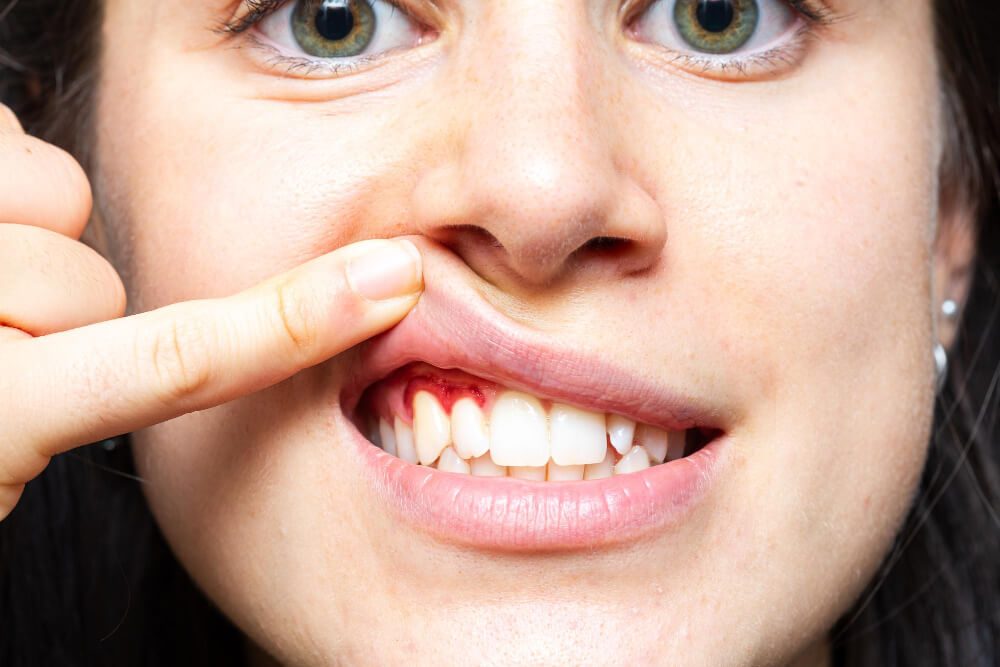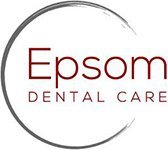Gum Disease and Tooth Loss – Understanding the Connection and How to Stop It

When you think of gum disease, you might picture bleeding gums or bad breath. However, what most people do not understand is that gum disease is among the key causes of adult tooth loss.
Losing a tooth isn’t just about appearance—it affects how you eat, speak, and even how you feel about yourself. The good news? You can take action before it reaches that stage.
Let’s break down the connection between gum disease and tooth loss, and what you can do right now to protect your smile.
What Exactly Is Gum Disease?
Periodontal (gum) disease is a condition that results when the tissues that hold your teeth develop an infection. It usually starts quietly, with mild signs that can be easy to dismiss—like gums that bleed when you brush or floss.
This early stage is called gingivitis, and at this point, the damage is still reversible with proper care.
If left untreated, though, gingivitis can progress into periodontitis. This is when it becomes more serious as it infects further into the bone and the tissues holding your teeth in their place.
Once this happens, your teeth can start to loosen—and eventually fall out or need to be removed.
How Gum Disease Leads to Tooth Loss
You might wonder how gums can affect something as solid as your teeth. Here’s the connection:
- Bacterial buildup: Plaque and tartar harbour bacteria that irritate your gums, causing inflammation.
- Gum recession: When the inflammation is prolonged, your gums start loosening their hold on teeth, and the pockets between them provide additional space where more bacteria can hide.
- Bone destruction: The infection doesn’t stop at your gums—it attacks the bone underneath.
- Tooth mobility: Without healthy gums and bone for support, teeth become wobbly.
- Tooth loss: Eventually, the damage may be too severe to save the tooth.
This process often happens slowly, which is why many people don’t realise the severity until it’s too late.
The Hidden Impact of Tooth Loss
Tooth loss isn’t just a dental issue—it affects your daily life in more ways than you might expect:
- Chewing becomes difficult, which might lead you to avoid certain foods.
- Your speech may change, especially if front teeth are lost.
- Self-confidence takes a hit because smiling or laughing feels uncomfortable.
- Other teeth shift, making your bite uneven and creating new dental problems.
What starts as gum disease can snowball into something that impacts your health, diet, and even social interactions.
Warning Signs You Shouldn’t Ignore
Catching gum disease early makes all the difference. Pay attention if you notice:
- Gums that bleed when brushing or flossing
- Red, swollen, or tender gums
- Bad breath or a different taste in your mouth that will not go away
- Receding gums, making teeth look longer
- Loose or shifting teeth
These are your mouth’s warning signs—it’s your body’s way of telling you that something isn’t right.
Ways to Guard Against Gum Disease in Your Teeth
Here’s the empowering part: tooth loss from gum disease isn’t inevitable. Your gums are essential and require special care to maintain and protect your smile for a lifetime.
1. Brush and Floss Consistently
Twice-daily brushing and once-daily flossing seem simple, but they form your initial line of defence against plaque and bacteria. Don’t rush through it—take your time to clean along the gumline.
2. Use Antibacterial Mouth Rinse
A rinse designed to fight bacteria can help reduce plaque buildup in areas inaccessible to your toothbrush and floss.
3. Don’t Skip Dental Check-Ups

You can’t always see or feel gum disease in its early stages. Regular dental check-ups and professional dental cleanings give your Belmont WA dentist the chance to catch it early and remove hardened tartar.
4. Watch Your Lifestyle Habits
Smoking, excessive alcohol, and a poor diet increase your risk of gum disease. Even simple changes, such as avoiding sugary snacks and increasing water intake, can contribute to a profound change.
5. Manage Existing Health Conditions
Conditions like diabetes can make gum disease worse if not well-controlled. A good way to prevent damage to your gums is to take care of your overall health.
What If You Already Have Gum Disease?
If you’ve already been told you have gum disease, don’t panic—it’s never too late to act. Treatments range from deep cleanings that remove plaque below the gumline to more advanced therapies if the disease has progressed.
The goal is always to stop the infection, protect the bone, and save your teeth. The earlier you get started, the better your outcome.
Taking Control of Your Smile
Here’s the truth: gum disease doesn’t have to end in tooth loss. By understanding the connection and being proactive, you give yourself the best chance to keep your natural teeth for life.
Think about what a healthy smile means for you—being able to enjoy your favourite meals, speaking with ease, and feeling confident when you smile in photos. That’s what’s at stake, and it’s worth protecting.
Gum Disease Treatment in Belmont WA
Whether you have noticed some symptoms of gum disease or are just overdue for a check-up, now is the time to take care. Do not postpone it until it is too late; your future self will be grateful that you have taken care of your smile.
Book your appointment with us at Epsom Dental Care and let’s work together to keep your gums strong and your teeth healthy. Your smile deserves that care.
Call your Belmont WA dentist at (08) 9478 2349 or see us at 5/132 Epsom Ave in Belmont WA.

